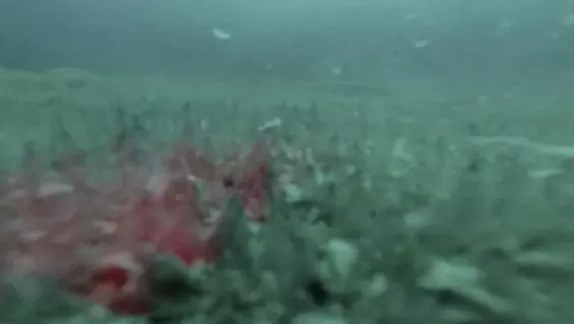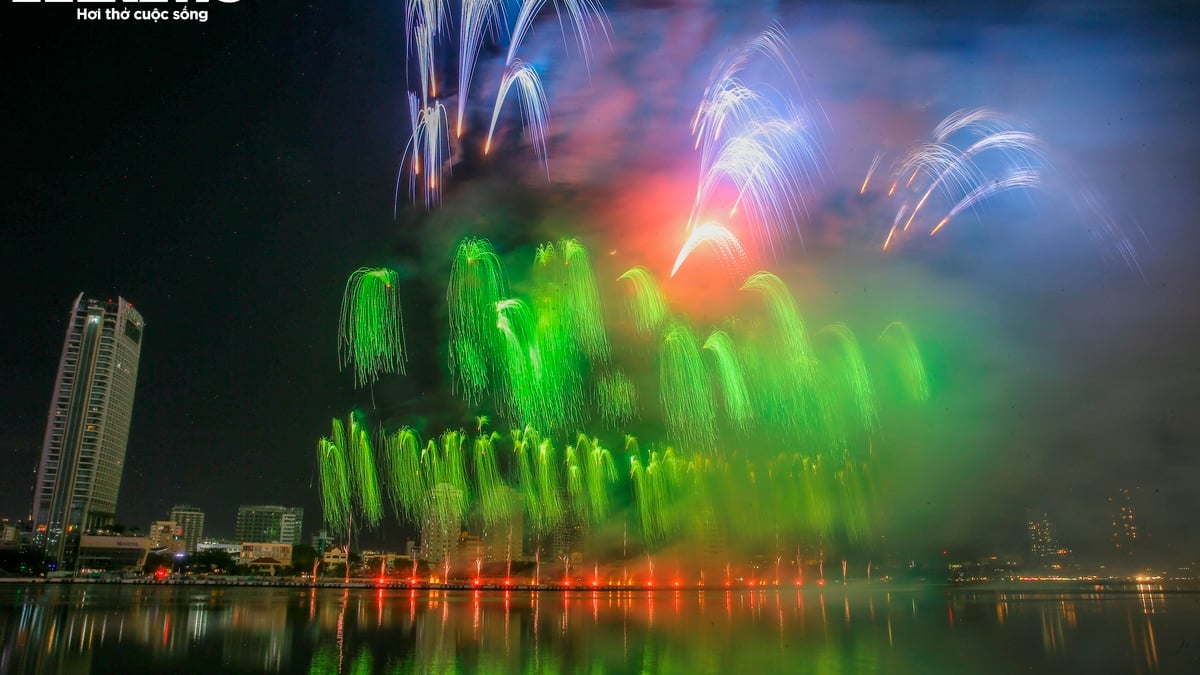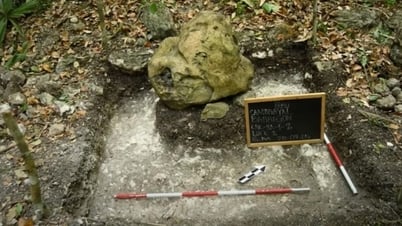Scientists have discovered a secret lake in Antarctica hidden under the ice, with a previously unknown ecosystem.
 |
| Image of the bottom of Lake Enigma under the ice. (Source: Live Science) |
Scientists from the National Institute of Geophysics and Volcanology (Italy) surveyed the Enigma glacial lake in the Victoria Land region of Antarctica and discovered at the bottom of the lake an ecosystem filled with strange microbial communities.
Lake Enigma is permanently covered in ice. Until recently, it was thought that the lake was completely frozen solid. But scientists have discovered a layer of fresh water hidden beneath the ice, and this layer is home to a variety of microorganisms.
The team of researchers surveyed the lake using radar and found at least 12 meters of liquid water under the ice. They then drilled through the ice and lowered a camera to explore the lake's depths.
The team examined the water to determine its source. This is important because the lake is located in an area with low rainfall, high winds and water that evaporates very quickly from the sun, so all the water in Lake Enigma should have dried up long ago.
Based on the chemical composition of the water, researchers believe that the lake's water is continuously replenished by a mysterious nearby river through an unidentified underground pathway.
Despite its isolation, the bottom of Lake Enigma is home to a wide variety of microorganisms, many of which are capable of photosynthesis, providing the lake with high concentrations of dissolved oxygen. The microorganisms cover the bottom of the lake, forming microbial mats up to 50-60 centimeters in diameter, the scientists said in the study published in the December issue of Earth and Environmental Communications .
These microorganisms include several species of Patescibacteria, tiny, single-celled organisms that attach themselves to larger animals to form mutually beneficial or predatory relationships. These organisms have never been found in ice-covered lakes before, suggesting that the Patescibacteria may have developed unique metabolic tricks to survive.
"This discovery reveals the complexity and diversity of food webs in Antarctic permafrost lakes, with symbiotic and predatory lifestyles that have never been documented before," the researchers said.
Similar environments to Lake Enigma exist on icy planets like Europa and Enceladus in our solar system. As such, the lake’s ecosystem could provide insights into conditions where microbial life might exist on other planets, said study co-author Stefano Urbini, a geophysicist at Italy’s National Institute of Geophysics and Volcanology.
Source






























































































Comment (0)